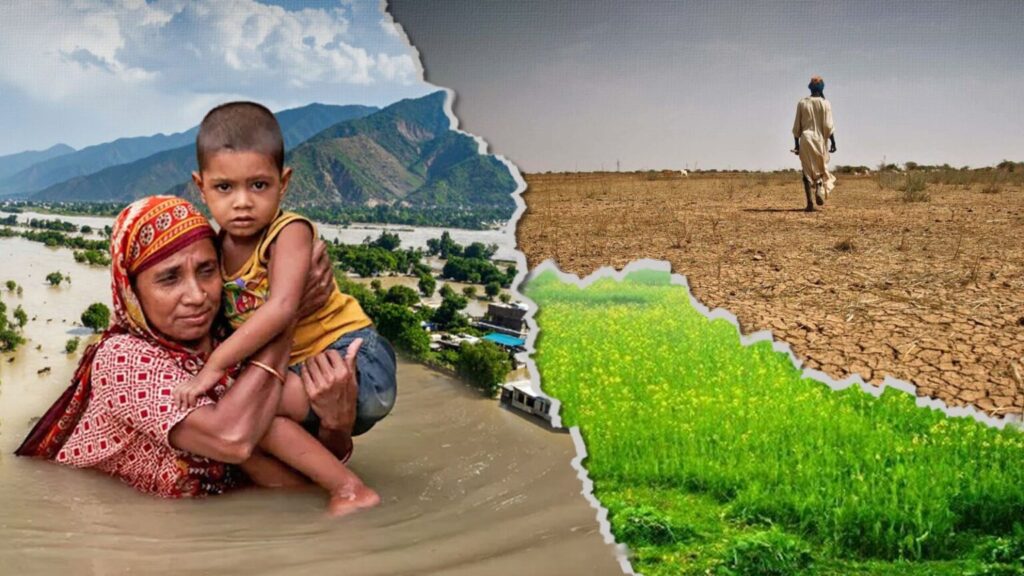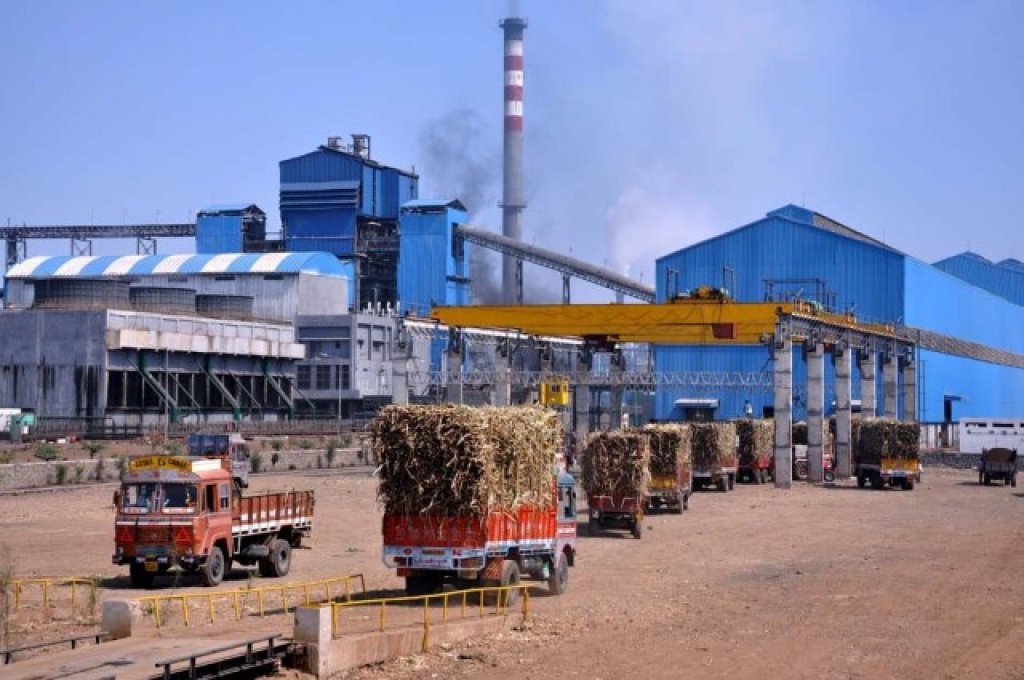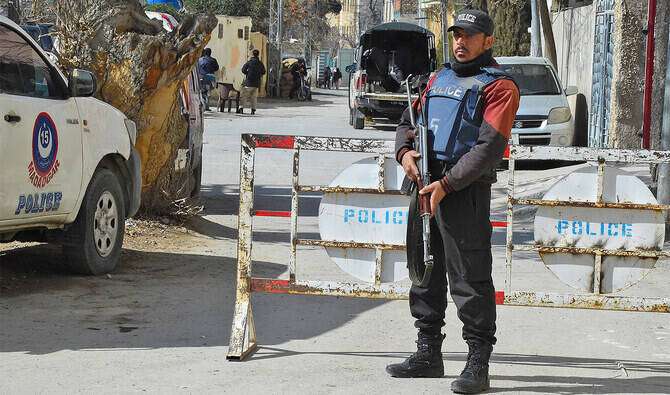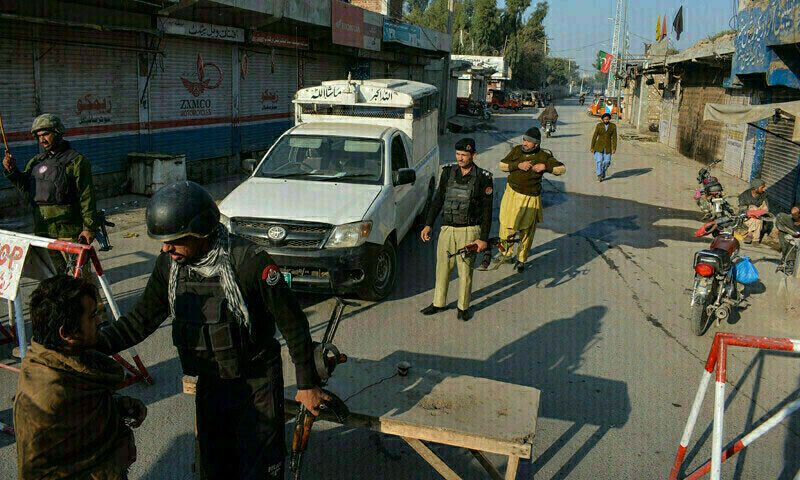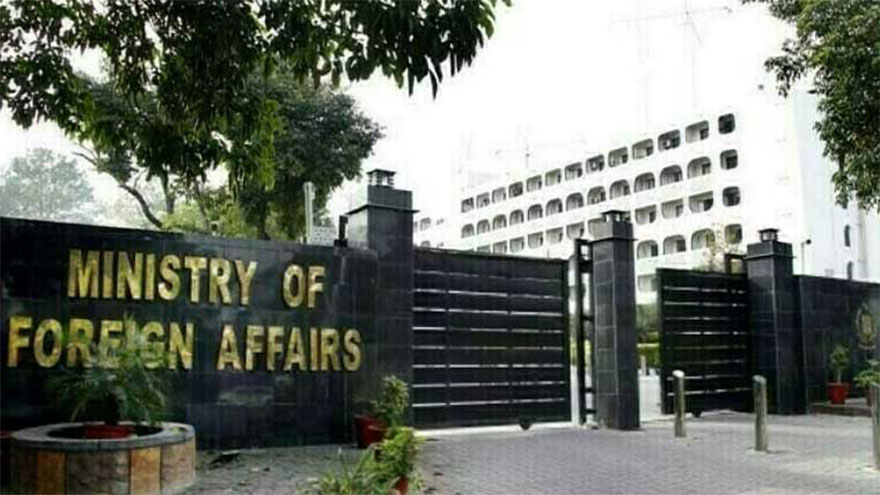For a small farmer, a missed rainfall or a delayed harvest can mean losing an entire year’s labor. Sher Bahadur, who lives near the Sardaryab River in Charsadda, shared a typical crisis: the 2022 floods destroyed his wheat crop, and this year’s floods caused further damage. He explains, “Whenever a flood comes, it wipes out our cash crops. In 2022, my standing wheat crop on 5 acres of land was ruined.”
Pakistan is one of the countries most severely impacted by climate change. Blistering heatwaves, droughts, and devastating floods threaten the lives and livelihoods of millions annually. The 2025 floods alone caused over 302 billion rupees in damages to the agriculture sector, with the heaviest burden falling on the small-scale farmers who depend entirely on their land. Though agriculture is the backbone of Pakistan’s economy, it remains highly vulnerable.
When natural disasters strike, most farmers lack a financial safety net. A staggering 90.5% of farmers in the country are uninsured. Accessing traditional agricultural insurance is challenging: premiums are expensive, the claim process is complicated, and many are deterred by religious concerns regarding interest-based schemes. This gap pushes millions of farmers to the brink of financial ruin after every disaster. However, a new solution is emerging: a system that can provide swift assistance, known as Parametric Insurance.
The Rise of Parametric Insurance
The concept of parametric insurance is simple yet powerful. It eliminates the need to send inspectors to assess damage. Instead, payment is issued automatically when a pre-determined climatic threshold is crossed—for example, if rainfall drops below a set level or floodwater rises above a specific limit. This means no paperwork, no waiting, just immediate aid.
This model has been successfully trialled in countries like Africa, Indonesia, and Fiji, where farmers have used it to recover quickly after storms and droughts. If it’s possible there, why not in Pakistan? This system could become a new hope for our farmers, a method to break the cycle of debt, poverty, and aid.
Senior journalist Daud Khan, who monitors climate change, said that most countries worldwide have crop insurance for farmers, and it’s good news that this system has also arrived in Pakistan. This will help farmers avoid losses. Speaking to Khabar Kada, he mentioned that even now, large landowners in Pakistan insure their crops, but small landowners do not benefit from this insurance policy. He added, “This system is also very good, but the world is now moving towards AgTech (Agricultural Technology), which determines things like how much of a crop is needed and how much water is required. If landowners move towards AgTech, they can also avoid losses. On the other hand, it is necessary for landowners to install sheds to protect themselves from hail and storms.”
Launch of Parametric Insurance in Pakistan
Parametric insurance, though a relatively new concept in Pakistan, is starting to gain traction, with several institutions moving in this direction. Salaam Takaful Limited, for instance, has partnered with JazzCash to launch a parametric crop insurance scheme. This scheme offers automatic payouts based on specific triggers like temperature fluctuations, extreme rainfall, locust attacks, and floods. The technology powering this model is provided by Blink Parametric, which uses data to ensure faster and more transparent insurance settlements.
Parametric insurance offers speed and transparency because payouts are directly linked to pre-defined weather indices. For farmers, this means a source of immediate financial relief, and for the government, it provides a mechanism to reduce post-disaster expenditure and bring budgetary stability. This system can be integrated with existing welfare initiatives, such as the Benazir Income Support Programme (BISP), microfinance institutions, or agricultural loan schemes. Thus, it not only provides protection to farmers but also enables the government and financial institutions to maintain economic stability even after a crisis.
Issues and Resolutions
Certainly, some challenges remain. Pakistan’s weather monitoring system is currently weak, particularly in rural areas. Without accurate weather data, setting the criteria for payouts becomes difficult. Furthermore, a lack of public awareness and trust, religious concerns, and the cost are all factors that create obstacles.
However, if the government, private sector, and aid organizations collaborate to launch pilot projects, build robust data systems, and educate the public, parametric insurance could truly prove to be a game-changer.
This is not just an insurance model; it is a hope for restarting life. Because when the next flood or drought arrives, farmers will need most not sympathy, but immediate help, certainty, and protection.

